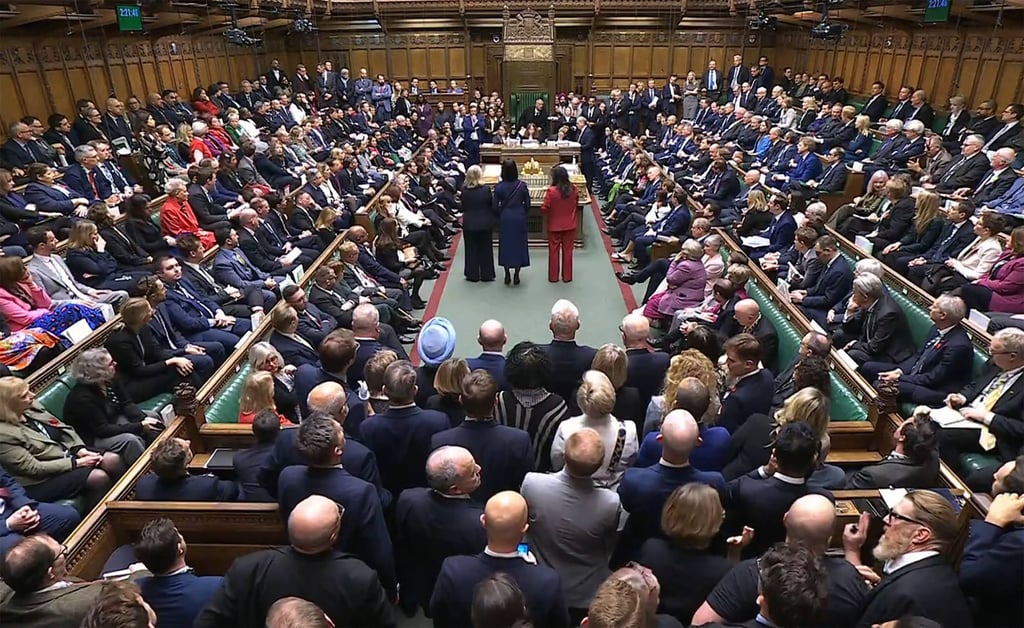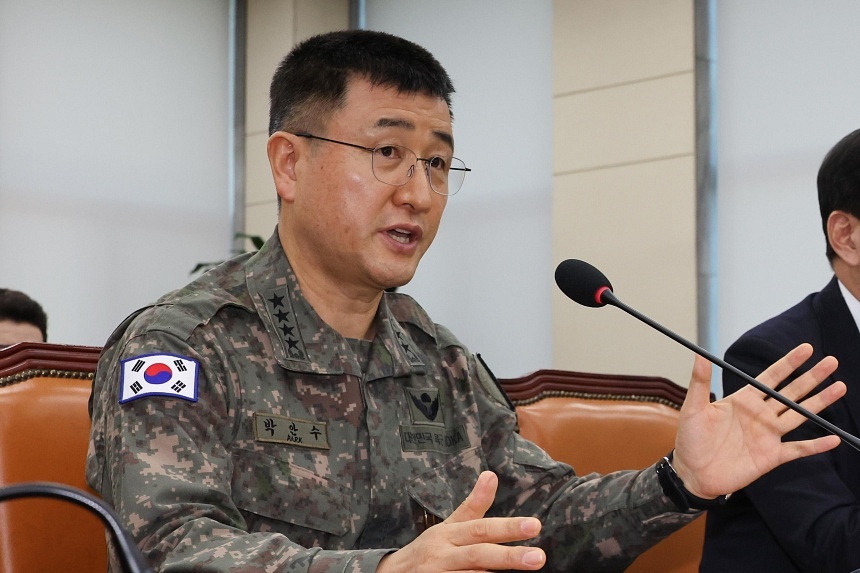On December 4, renowned Taiwanese romantic novelist Chiung Yao ended her life in a manner as poignant as her prose that captivated millions. In her suicide note, the 86-year-old who was beloved across mainland China wrote: “Do not cry, do not be sad, do not feel sorry for me. I have already ‘flitted away’.” She used the term “pian ran”, a poetic phrase often found in her novels, to evoke a sense of ease and liberation.
Chiung Yao explained her decision to take control of what she called the final “major event” of her life. Having witnessed her late husband, Ping Hsin-tao, endure the prolonged agony of dementia, she chose to avoid a similar fate.
Her decision to embrace death on her own terms sparked widespread reactions on Chinese social media. It also reignited the long-standing debate about euthanasia, which remains illegal in China. Many people online expressed their desire for the same dignity and agency in their final days.
Traditionally, suicide has been viewed negatively in China. Buddhism, a major influence on Chinese culture, discourages taking life in any form. Moreover, life is regarded as a gift from one’s parents, and taking one’s own life could be seen as both disrespectful and a violation of Confucian values, which emphasise filial piety. Chiung Yao’s act challenges these cultural norms, prompting a collective reckoning.
China’s modern euthanasia debate began in 1986, when Dr Pu Liansheng of Shaanxi province ended the life of Xia Suwen, a terminally ill woman suffering from late-stage cirrhosis of the liver. Pu did so to spare her from unbearable pain, at the request of Xia and her son Wang Mingcheng. Although Pu and Wang were later arrested and prosecuted for intentional homicide, they were found not guilty in 1991.

The debate reflects universal dilemmas, chief among them the fear of a slippery slope. Some worry that legalising euthanasia might lead to vulnerable people, particularly the elderly, being pressured into ending their lives prematurely.

 By South China Morning Post | Created at 2024-12-12 01:31:35 | Updated at 2024-12-12 05:05:52
3 hours ago
By South China Morning Post | Created at 2024-12-12 01:31:35 | Updated at 2024-12-12 05:05:52
3 hours ago







